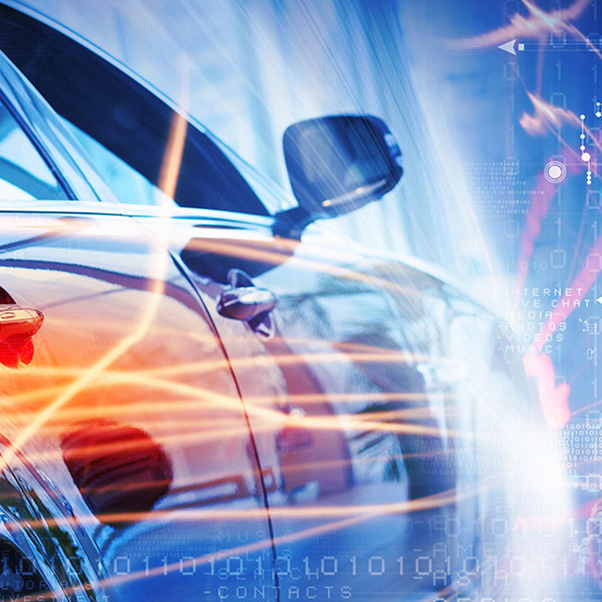Driverless cars, which are in development by Google, Tesla, Apple, and a slew of automakers, are expected to revolutionize personal transport in the next decade. Soon, driver-free trucks and locomotives will become a new economic imperative for freight railroads and motor carriers, as well.
Which economic impact will the automation of transportation vehicles have? And what will going driverless take in terms of technology and regulations?
Jason Kuehn, Vice President in Oliver Wyman's Global Transportation Practice
Jason Kuehn, Vice President in Oliver Wyman's Global Transportation Practice, explains the benefits of driverless trucks.
Jason Kuehn reveals some of the challenges to driverless trucks and trains.
Highway To The Future: Driverless Roads
How Highways Could Evolve In Response To Driver-Free Vehicles
As driverless trucks come online in the next five to 10 years, they may initially be required to operate in segregated lanes. But once the practice becomes widespread, highways may be restricted to autonomous vehicles. While this transition is fraught with risk, it could yield substantial benefits.
The question is not whether the technology is feasible for self-driving trains and trucks, but what the impact will be once it becomes more widely adopted.Jason Kuehn, Vice President in Oliver Wyman's Global Transportation Practice








